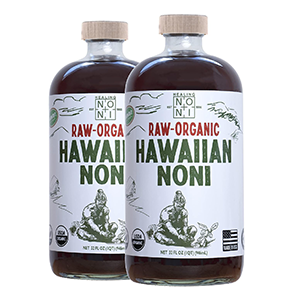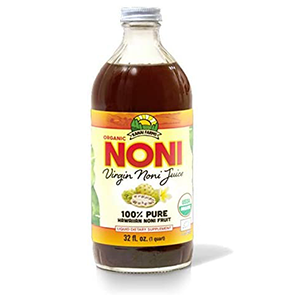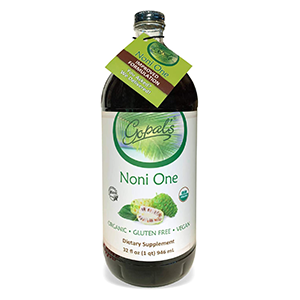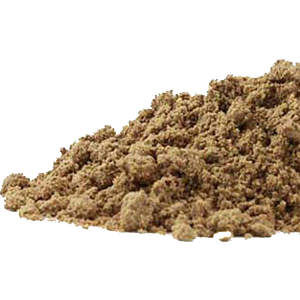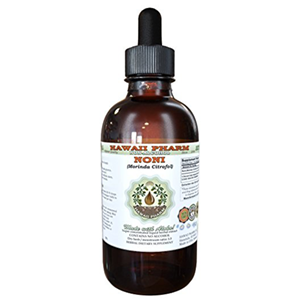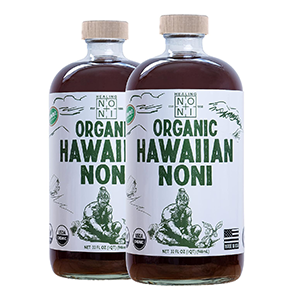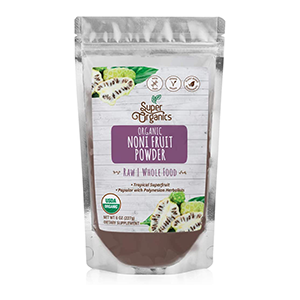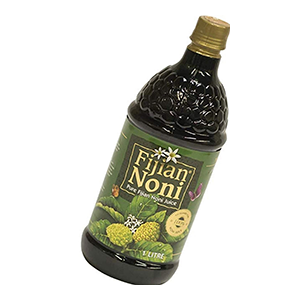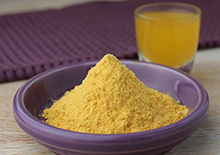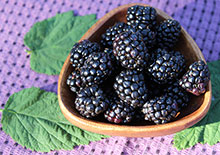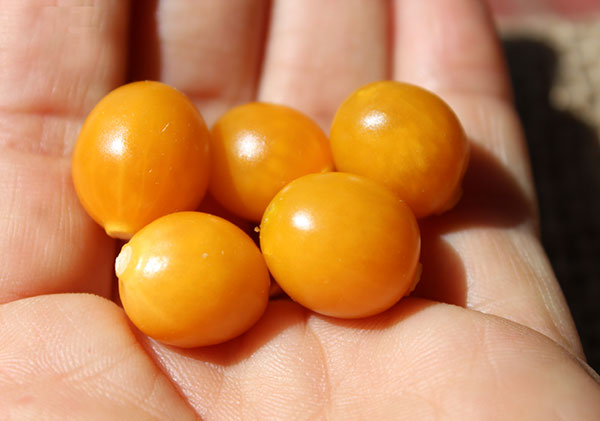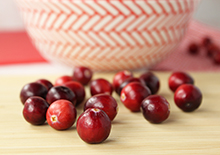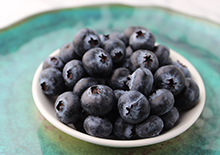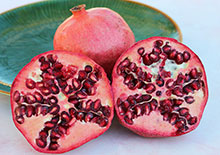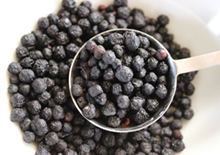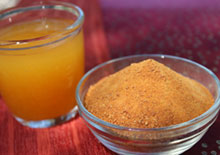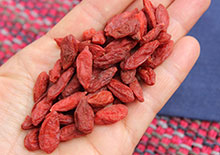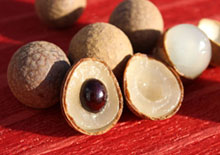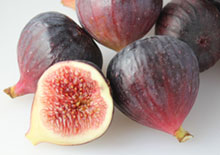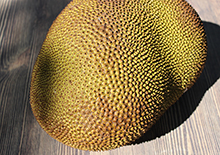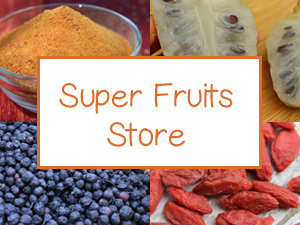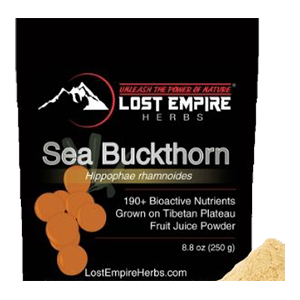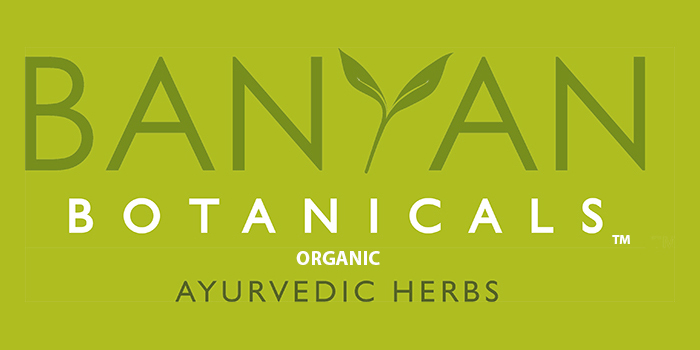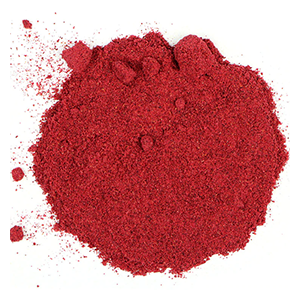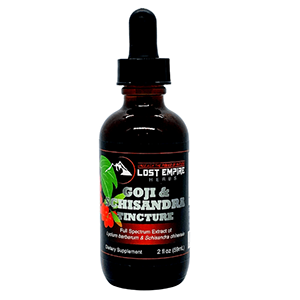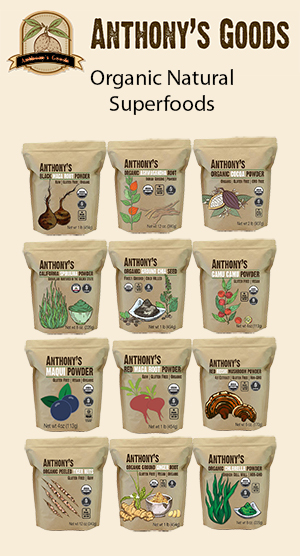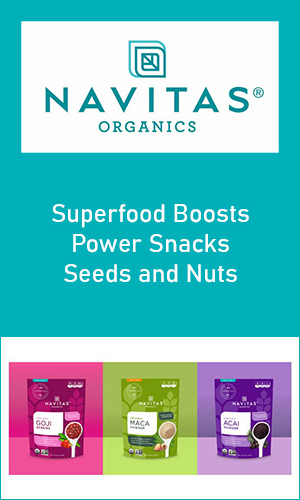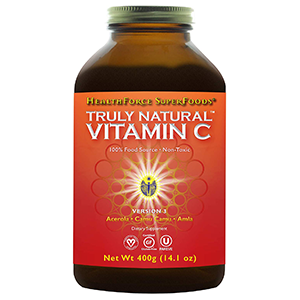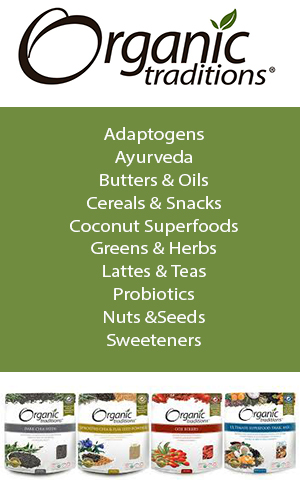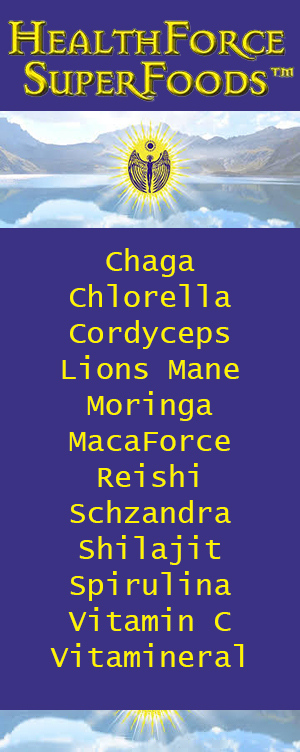- Home
- Super Fruits
- Noni Fruit
Noni Fruit, An Analgesic Immune Booster and Skin Healer
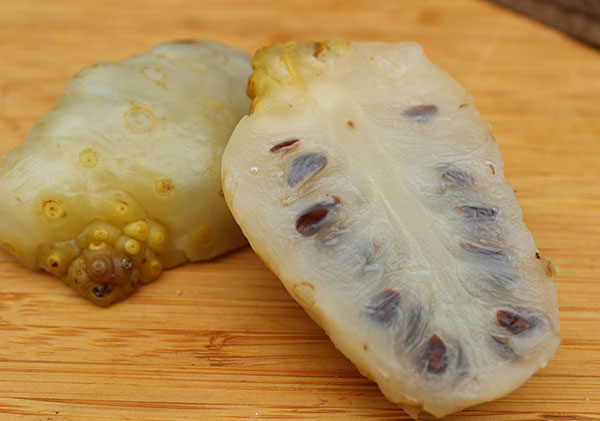
Noni fruit is a tropical superfruit variety used extensively by the Polynesian people for its many diverse health enhancing properties. The entire noni tree is considered an extremely valuable and versatile therapeutic plant species in which all parts of the tree, including the leaves, roots and stems, as well as the fruits, have been utilized for over 2,000 years among many cultures throughout the South Pacific.
The fruits, containing a broad range of active compounds, are generally the most popular part consumed and used topically as a medicinal fruit and tonic beverage with multiple medical uses for treating a wide variety of conditions.
Receiving widespread attention in recent years for its actions as an immune booster, anti-inflammatory, digestive aid, mood uplifter, skin healer and overall beautifying agent, the fruit juice and powdered concentrates are sold around the world where fresh noni is unavailable.
Composed mostly of long-chain sugars, noni is a low sugar fruit variety with a less edible pulp that is a bit different than other fruits you would typically pick and eat straight from the tree. Ripe noni is usually eaten after it softens slightly after 1-3 days and is generally either blended and strained, pressed through a juicer or is customarily fermented to release its juice concentrate.
While freshly picked noni is a hard and somewhat attractive looking fruit, it rapidly becomes considerably less striking as it ripens off
the tree. After harvest it quickly begins to break down and becomes very mushy, frequently developing dark horizontal bands and tends to take on a rotten-looking appearance.
Noni, with its tart sour flavor, is also not a particularly appetizing fruit or juice. It is, however, an acquired taste that often becomes increasingly pleasant the more you drink it. The fruits are known for their distinctive strong pungent odor that smells a lot like blue cheese, hence its other name "cheese fruit."
Typically, noni juice is taken in small tonic doses throughout the day for therapeutic effects, rather than consumed as a beverage-type drink.
Dried powders are also available which have a slightly sweeter taste with a less odoriferous scent and are more favorable for those who don't care for the strong smell or taste of the juice concentrate. They are a convenient option for adding to water, blending into drinks and can also be taken in capsule form.
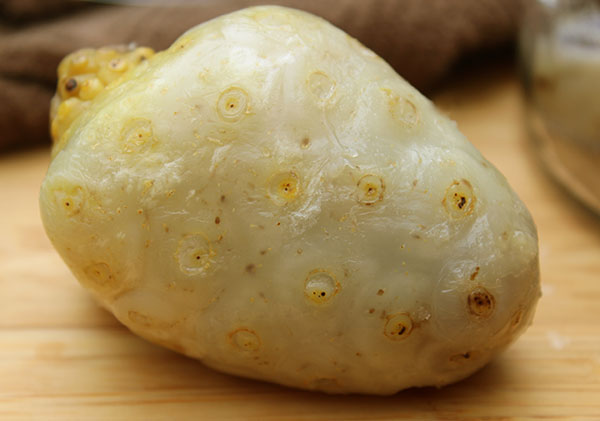
Noni fruit contains a diverse spectrum of health promoting substances such as polysaccharides, polyphenols, flavonoids, iridoids, terpenes, glycosides, alkaloids, like xeronine, as well as anthraquinones.
The juice or powder used as a dietary supplement has shown to be helpful as an analgesic for pain management and is reported to exhibit immune regulating activities useful for conditions like chronic fatigue, fibromyalgia and other immune deficiencies. Noni is a potent antimicrobial and antifungal when used topically for skin issues and often beneficial when taken internally for gastrointestinal disorders and various ailments like candida overgrowth.
What is Noni Fruit?
The noni tree (Morinda citrifolia) is a tropical evergreen tree or shrub related to the coffee family that grows both as a wild and cultivated tree throughout many regions of the South Pacific including the Polynesian islands, like Tahiti and Hawaii, as well as parts of Southeast Asia (Indonesia), Australia, New Guinea, Africa, Central America and New Zealand.
Morinda citrifolia is a low-elevation understory species and is very adaptable to environmental conditions such as high winds, flooding and saline waters. Being a very persistent, resilient weed-like tree, it easily spreads from branching off-shoots and is one of the first plants to propagate in harsh volcanic lava flows.
Continuously bearing fruit throughout the entire year in balmy tropical climates, the fruits themselves are usually the size of a small russet potato with an irregular egg-like shape. They are also referred to as Indian mulberry as noni looks similar to an enlarged version of a mulberry fruit.
All parts of the tree are used for either industrial applications or therapeutic purposes. This includes the thick shiny leaves which are commonly infused in hot water to provide an energizing delicious tasting tea.
Noni tree production has attained substantial importance as an export crop in recent years as the fruit, root and leaves are sold commercially as a dried herb or as a liquid or powdered concentrate in health and beauty products.
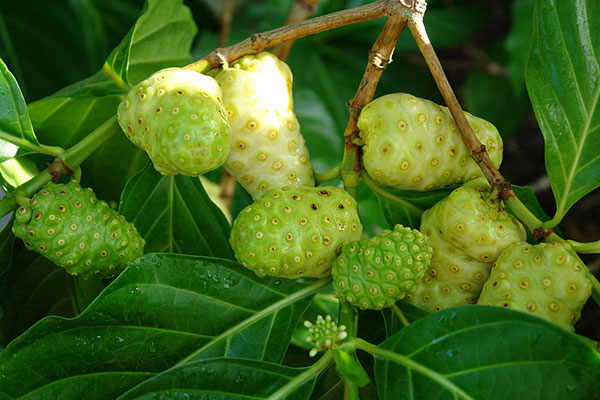
Morinda Root in Chinese Medicine
In Chinese medicine the noni plant and especially its roots, called ba ji tian or morinda root, are prized as a valuable Yang Jing tonic with similar properties to that of eucommia bark. Morinda root is a strength building herb useful for encouraging healthy bones and joints. Morinda root, decocted as a tea, is warming to the kidneys and is used to treat kidney yang deficiency and certain sexual issues such as premature ejaculation, impotence and infertility.
Both the noni tree bark as well as the roots have a deep red and yellow color and have been used for centuries as a clothing dye in many Polynesian cultures.
Names for Noni Fruit
- Hawaii - Noni
- India - Indian mulberry
- Samoa and Tonga - Nonu
- Tahiti - Nono
- Caribbean - Painkiller tree
- Guam - Lada
- Malaysia - Mengkudo
- Southeast Asia - Nhau
- Vietnam - Grand Morinda
- Australia - Cheese fruit
- Fiji - Kura
- Africa - Bumbo
Noni Juice Benefits
Polysaccharides and Antioxidants Boost Immune System
Noni fruit contains very high amounts of polysaccharide long chain sugars, like 6-D-glucopyranose penta-acetate. The juice concentrate is said to contain a third more polysaccharides than aloe vera, which is one of the highest polysaccharide-rich superfoods known in the plant world.
The polysaccharides in noni are believed to enhance white blood cell efficiency and boost immune system functions. The fruit extracts have been studied for their ability to modulate immune response by activating immune cells, like T and B cells.
Fermented noni concentrates were shown to stimulate lymphocytes, like natural killer cells (NK cells) and "were demonstrated to be markedly involved in fermented noni exudate-induced antitumor activity", in a 2013 study published in the journal of Molecular and Clinical Oncology.
In another study entitled "Immunostimulant Activity of Noni (Morinda citrifolia) on T and B Lymphocyte", it was shown that noni extracts significantly increased the cell-mediated immune response and it was concluded that, "The results of this study confirm the cellular and humoral immunostimulant properties of M. citrifolia fruits and justify its usage in traditional medicine."
Noni is also extremely high in many beneficial compounds, antioxidants, alkaloids, glycosides and polyphenols including xeronine, rutin, coumarins like scopoletin, terpenes and anthraquinones. Each of these constituents exhibit certain effects on immune function by either defending against free radical damage and/or providing antibacterial characteristics that increase overall immune response.
Antimicrobial and Antifungal
Noni is well-known and researched for its antimicrobial, antiseptic and antifungal attributes, containing a number of compounds, like limonene and anthraquinones, which have been shown helpful for those with compromised immune systems.
In a study entitled "Anti-fungal Activity of Morinda citrifolia (noni) Extracts Against Candida albicans", noni fruit extract was shown to have an antifungal inhibitory effect on C. albicans in a dose dependent manner.
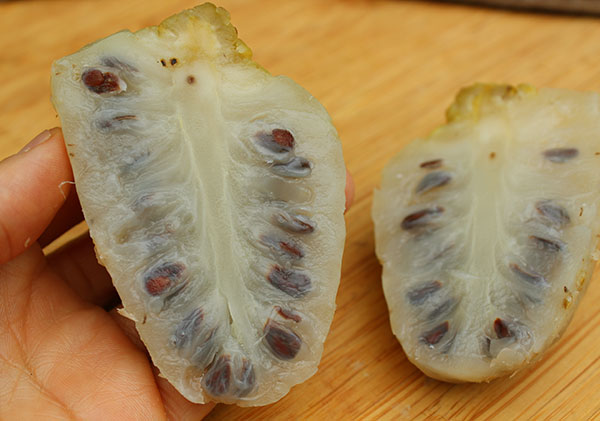
Anti-Inflammatory and Analgesic Properties
Noni and its juice has long been used as a medicinal plant for treating inflamed conditions and associated aches and pains. Modern research now confirms that several constituents, including scopoletin, rutin, iridoid glycosides and xeronine, are accountable for these effects as both an anti-inflammatory agent as well as a pain reliever.
In a study entitled "Analgesic and Anti-Inflammatory Activity of Morinda citrifolia (Noni) Fruit", an alcohol extract and fruit concentrate demonstrated effectiveness for treating painful inflammatory conditions with results indicating that "preparations of noni fruit are effective in decreasing pain and joint destruction caused by arthritis."
Another study published in the 2014 edition of The Scientific World Journal it states that "scopoletin has been reported to exhibit antioxidant, analgesic, and anti-inflammatory effects", while "rutin has been reported to exert numerous pharmacological activities including antioxidant, anticarcinogenic, neuroprotective, and anticonvulsant activity." (*)
In addition, most iridoid-containing plants are known to provide anti-inflammatory benefits. Iridoid glycosides, specifically deacetylasperulosidic acid and asperulosidic acid, are found to be predominant in the fruit but also present in the leaf, root, seed and flower of the noni plant. The yellow-pigmented root, in particular, is additionally a source of anti-inflammatory compounds and is known to contain twice the curcuminoids to that of turmeric.
Noni contains proxeronine, which is a precursor for the alkaloid called xeronine, first identified in noni fruit in 1981 by chemist Dr. Ralph Heinicke at the University of Hawaii. Xeronine was shown to have the ability to modify the molecular structure of proteins, an essential mechanism for many biological activities.
Xeronine converts certain brain receptor proteins which help to increase the release of endorphins, numbs pain and produces feelings of euphoria. Xeronine is believed to be one of several key compounds responsible for noni's reputation as a natural painkiller or analgesic.
For maximum absorption and uptake of xeronine in the large intestine, it is more beneficial to consume noni juice or powders on an empty stomach.
Natural Detoxifier and Skin Healer
High quality commercial noni juice, homemade fermented juices or powdered concentrates are naturally detoxifying to the body and are healing as well as softening to the skin tissue and hair follicles when consumed internally or used topically.
These effects are due to several active ingredients in the fruit which help to normalize digestive, metabolic and bowel functions, all beneficial activities for cleansing the blood, lymph and intestines. Clear and beautiful skin, especially as we age, is often a reflection of the livers ability to process toxins effectively and noni liquid or powdered supplements can largely assist in achieving this goal.
One key component in the fruit that supports the detoxification process is a terpene called limonene, also present in citrus rinds and peels.
Noni is also a source of MSM or sulfur, nature's "beauty mineral" necessary for the generation of the skin enhancing constituents like keratin and collagen. In addition, noni fruit is high in polysaccharide content and very nourishing, lubricating and detoxifying to the body, promoting supple soft skin and hair. The fruits are also high in selenium which helps maintain skin firmness and elasticity.
Noni, as we mentioned, is prized for its antiseptic and antifungal properties and can be used as a liquid juice or applied directly on the skin for a variety of fungal related issues.
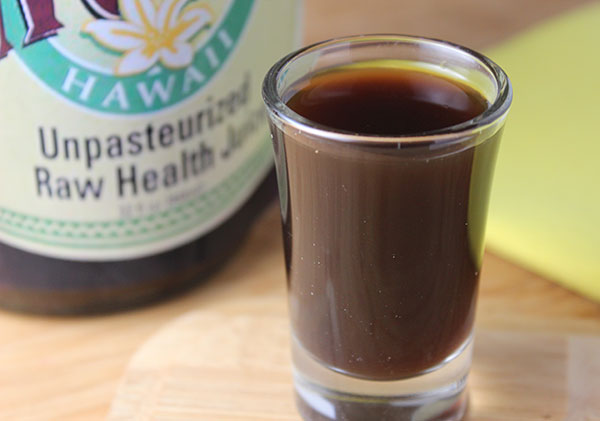
Natural Energizer and Mood Elevator
Morinda citrifolia and its juice extracts have been shown to be useful as a naturally energizing substance with mood elevating effects. Noni fruit is slightly stimulating, though it does not contain caffeine. This influence is believed to be a result of its high alkaloid content and other primary constituents which also promote mentally uplifting qualities.
Some studies on noni have identified two active ingredients in the fruit, rutin and scopoletin, to be responsible for actions on the dopaminergic system. In one study analyzing the effects of noni fruit and these two principle compounds, it was "demonstrated that scopoletin and rutin, respectively, showed antidepressant activity."
Another study performed evaluating the "ergogenic potential of noni juice" confirmed its use "to combat fatigue, improve endurance and increase overall physical performance." (*)
Harvesting and Preparing Noni Fruit
Unlike many seasonal fruit trees, noni is in season throughout the entire year. The fruits ripen individually and must be selectively harvested according to their level of ripeness, ultimately when the fruit is a white-yellow color, not when it is green.
This is the best time to capture the full spectrum of enzymes and beneficial compounds. The fruits are then left out to soften and can be used fresh in blended drinks or fermented when they soften, become mushy and begin to liquefy. Fresh noni can also be dried into pieces or processed as a powder.
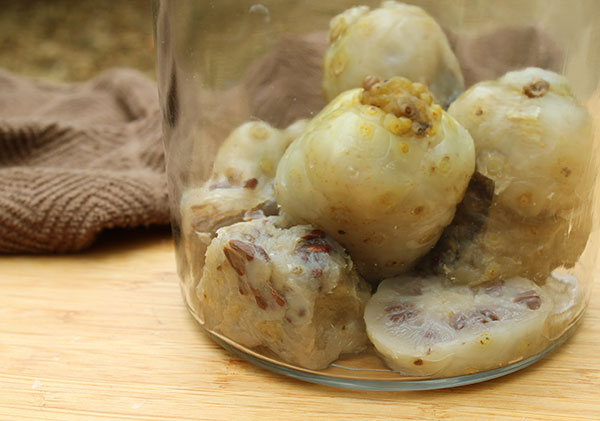
How to Make Noni Juice
Noni is a high water content fruit and will slowly start to exude its liquid juice shortly after being picked. In tropical regions like Hawaii, noni fruits are placed in a container and allowed to ferment in the sun for a number days or even weeks.
There is some controversy about whether or not this technique is the traditional way noni was prepared by ancient Polynesian's or Hawaiian Kahuna's, but today it is now a commonly acknowledged preparation method. This fermentation process produces a dark golden-brown juice and enzyme-rich liquid.
When making fermented noni juice it is considerably important that all equipment used is thoroughly sanitized. The noni fruit itself should be freshly harvested and rinsed in pure water to remove dirt, debris or any potential contaminants, but the skins should be left on the fruit. The whole fruits are typically placed in a glass jar so that you can visually see the color and juice extraction process, which will continue to rise as it ages.
Organic noni is available online by mail order in some countries, if you don't happen to live in a tropical location.
Steps for Fermenting Noni:
- Stack whole clean ripe noni in a jar, with a loose lid on top to avoid pressure build up, and cover with a clean cloth.
- Leave out in partial sun or in a sunlit window or counter-top.
- After several days or weeks you will have mostly juice and less and less fruit material. The juice when properly fermented should be a darker color.
- The fruit pulp is then strained out and the juice can be preserved for later use when refrigerated or frozen.
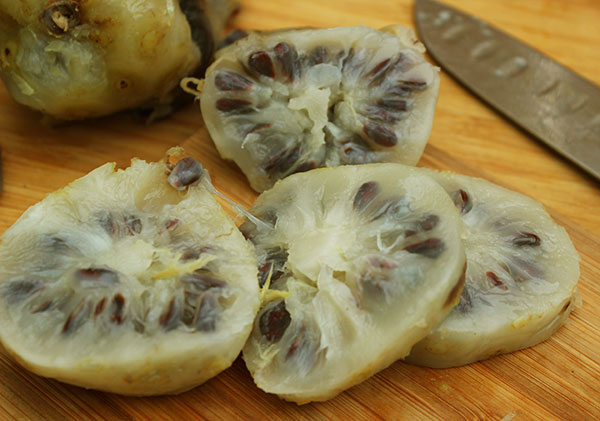
Steps for Making Unfermented Noni Juice:
- With skins on, blend the fruit with or without water, depending on desired concentration.
- Strain through a fine mesh strainer or nut milk bag.
- Enjoy by itself or blended into drinks with natural sweeteners, citrus, mint or vanilla.
- The pulp is less edible to consume, but can be used on the skin as a poultice or facial mask for rejuvenating and beautifying purposes.
Purchasing Quality Noni Products
Noni is a highly marketed superfruit variety, like mangosteen or acai, there are many inferior products available made with low quality ingredients, very little noni and many fillers or additives. It is important to be aware of this when looking to purchase noni juices or powders.
The best noni fruit and products are organically grown without the use of pesticides and are selectively harvested at peak ripeness.
To ensure that you receive maximum potency and beneficial health enhancing compounds, it is also imperative that you purchase unpasteurized noni juice and raw noni powders which preserve nutritional qualities and enzyme content. Second best options are flash pasteurized juices which still may retain some vital nutrients.
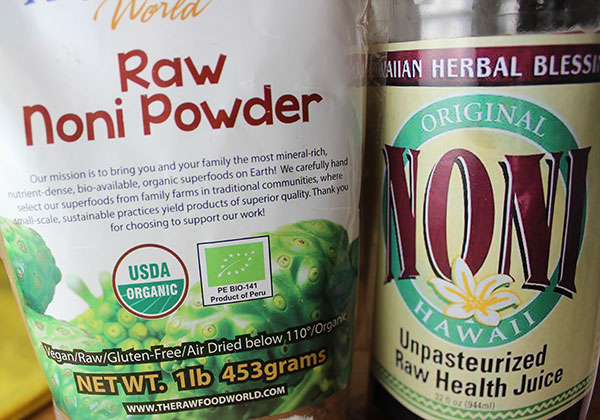
Types of Noni
- Noni Fruit - Whole fresh ripe noni fruit sourced from wild or cultivated trees.
- Noni Powder - Loose powder or encapsulated noni powder, preferably dried at low temps and slowly drum dried.
- Dried Noni Fruit Pieces - These are slices of the whole fruit optimally dried at temperatures below 115° F (45°C).
- Raw Unpasteurized Fermented Noni Juice - High quality noni fruit juice, usually fermented and aged.
- Flash Pasteurized Noni Juice - Fermented juice of a lesser quality but a better option over others.
- Noni Extracts - These are a blend of liquid concentrates preserved in an alcohol solution.
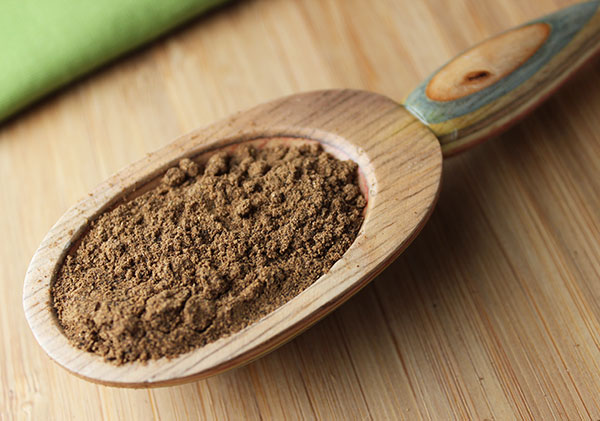
How to Use
Noni is most commonly consumed as a liquid dietary supplement in small amounts, depending on one's specific health issues.
One to two ounces of homemade fermented noni liquid concentrate or purchased high quality juice can be added to a quart jar of pure water (or coconut water) and consumed throughout the day. Citrus fruits also blend well with the juice and help to mask its slightly strong flavor.
In our opinion, the best way to consume the juice is on an empty stomach, preferably first thing in the morning or at least two hours before and after meals.
On occasion we also take noni with other superfoods like camu camu and aloe vera, both excellent skin nourishing supplements.
Because the noni fruit, like durian, tends to have a strong scent, it can also be ingested as a more mild smelling powder which can conveniently be blended into drinks and smoothies.
It is important to be aware of low quality noni products and juices often sold and highly marketed containing "less than healthy ingredients" with very little actual noni content.
Precautions:
Noni is relatively free of side-effects and safe to consume for most people. However, you should seek the advice of a medical physician if you are taking prescription medications or have serious health conditions.
Shop Related Products (About Affiliates & Amazon Associate Paid Links)
Affiliate Disclaimer: This section contains affiliate product links. If you make a purchase through one of our recommended links, we will receive a small commission at no additional cost to you. Thanks for the support!
